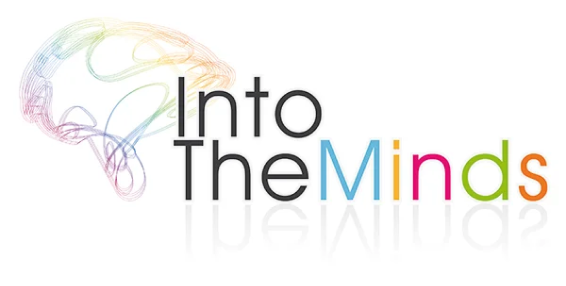In this article, I will tell you about market research that compares the quality of human responses to those of ChatGPT when managing customer complaints. The results then lead me to question the future of the human element in customer relations.

Complaints are an inherent part of doing business with customers. However, only some companies are exemplary when responding to them. Research I’ve conducted on large samples of complaints has shown that responses could be better (see this example) and restore customer satisfaction. Generative AI can help. Research shows that ChatGPT beats humans by a wide margin when responding to complaints.
Contact IntoTheMinds Market Research agency
I’ve been studying customer complaints for years, and one thing has always amazed me: the ability of marketers to accumulate errors when responding to them. One of the biggest mistakes, for example, was neglecting response time. All this could be history thanks to the advent of generative A and its use in customer relationship management.
The Klarna company has revealed that 2/3 of customer conversations are now conducted by generative AI to customers’ utmost satisfaction. Following this announcement, the share price of Teleperformance, a company specializing in telephone (and human) management of customer relations, fell by 23% in one session.
Responses written by ChatGPT are judged 252% better on average than those written by humans.
ChatGPT beats humans in claims processing
Research published by 4 Turkish academics shows that generative AI can be used successfully in the riskier context of customer complaints. The results, as you’ll see below, are compelling.
30 complaints posted on Tripadvisor were analyzed individually. A 40-strong jury evaluated the (public) responses to each of these complaints:
- 20 marketing researchers
- 20 hotel industry managers
Evaluations were conducted using several dimensions, using a Likert scale. The dimensions in question all have a proven effect on customer satisfaction and belong to the concept of “perceived justice.” The diagram below, taken from the Research, shows the dimensions assessed (left) and how they relate to the concept of perceived justice.

The results of the evaluation by the 40 members of the jury were clear. Responses written by ChatGPT were judged 252% better on average than those written by humans. The scientists’ assessments are extremely close to those of hotel professionals.
Here’s a detailed breakdown of the improvement made by ChatGPT on each subjective dimension:
- rectification: +306%
- facilitation: +256%
- excuse (apology): +233%
- attentiveness: +236%
- credibility: +273%.
The potential for improvement is extraordinary.
Contact IntoTheMinds for your customer satisfaction project
Customer relationship management: what’s left for humans?
The debate for the years to come is: will humans still be needed to manage customer relations? Quantitative Market Research in 2021 (before the advent of ChatGPT) came to this conclusion. It showed that customer satisfaction was higher when a human managed a complaint.
But since 2022, the limits of humans have been demonstrated one after the other. Tangible evidence is accumulating that generative AI responds better to customer requests. The Indian startup Dukaan, for example, has replaced 90% of its employees with generative AI, and satisfaction indicators have improved. The time needed to find a solution to a customer request has fallen from 133 minutes to 3 minutes and 12 seconds.
The question is, what will be left for humans tomorrow? Will there be anything left when it comes to customer relationship management? Dukaan’s sweep reflects the expected progress. It will disappear altogether if the human presence is not “visible” (in online chatrooms, for example). Only supervisory and management positions will remain. The potential gains are considerable.
Other sectors will remain unaffected for the time being. Customer relationship management by telephone will only disappear after some time, as customers appreciate it. They think their problem will be solved more quickly with a human on the other end. However, this barrier will disappear once voice synthesis coupled with ChatGPT is perfected and democratized. Only certain niches will be left to resist the onslaught of generative AI. Face-to-face relationships could be one of them, but even here, companies are looking for alternatives. Videos of New York City in 2024 (see example above) show employees interacting with customers remotely via screens. It’s a crazy world out there.
Posted in Research.

